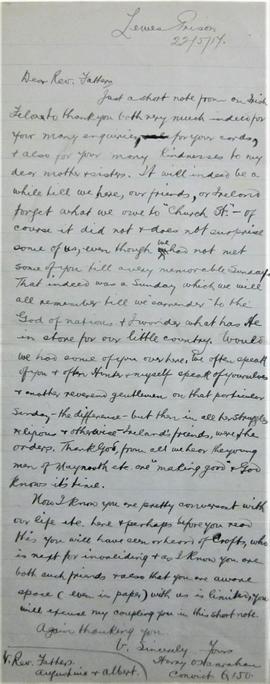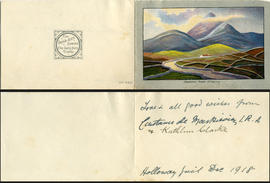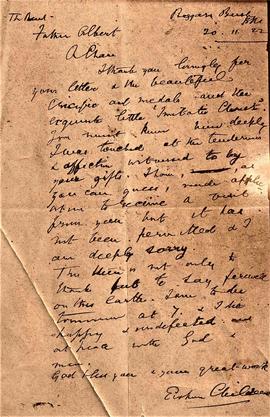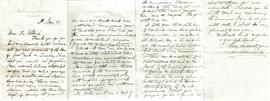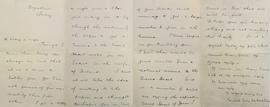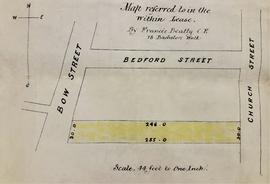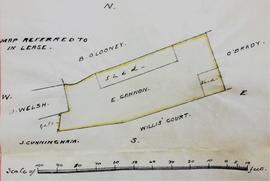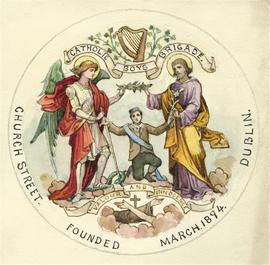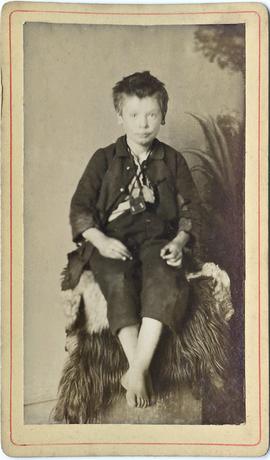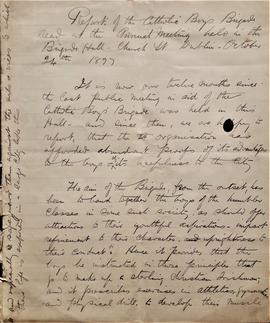Letter from Henry O’Hanrahan to Fr. Albert Bibby OFM Cap.
- IE CA IR-1/1/2/1/12
- Item
- 22 May 1917
Parte de Irish Capuchin Archives
Letter from Henry O’Hanrahan, prisoner no. q. 150, Lewes Prison, to Fr. Albert Bibby OFM Cap. and Fr. Augustine Hayden OFM Cap., thanking the Capuchin fathers for their services during the Rising. He also refers to increasing clerical support for the republican cause. O’Hanrahan fought at Jacob’s Biscuit factory during the Rising. The letter reads:
‘Just a short note from an Irish felon to thank you both very much indeed for your many enquiries, for your words, and also for your many kindnesses to my dear mother and sisters. It will indeed be a while till we here, our friends, or Ireland forget what we owe to “Church St[reet]” – of course it did not and does not surprise some of us, even though we had not met some you till a very memorable Sunday. That indeed was a Sunday which we will all remember till we “surrender” to the God of Nations and I wonder what has He in store for our little country. Would we had some of your over here. … on that particular Sunday – the difference – but then in all her struggles religious and otherwise – Ireland’s friends were the [Religious] Orders. Thank God, from all we hear the young men of Maynooth etc. are “making good” and God knows its time.
Now I know you are pretty conversant with our life etc. here and perhaps before you read this you will have seen or heard of [Gerard] Crofts who is next for invaliding and as I know you are both such friends and also that you are aware space (even in paper) with us is limited, you will excuse my coupling you in this short note’.



